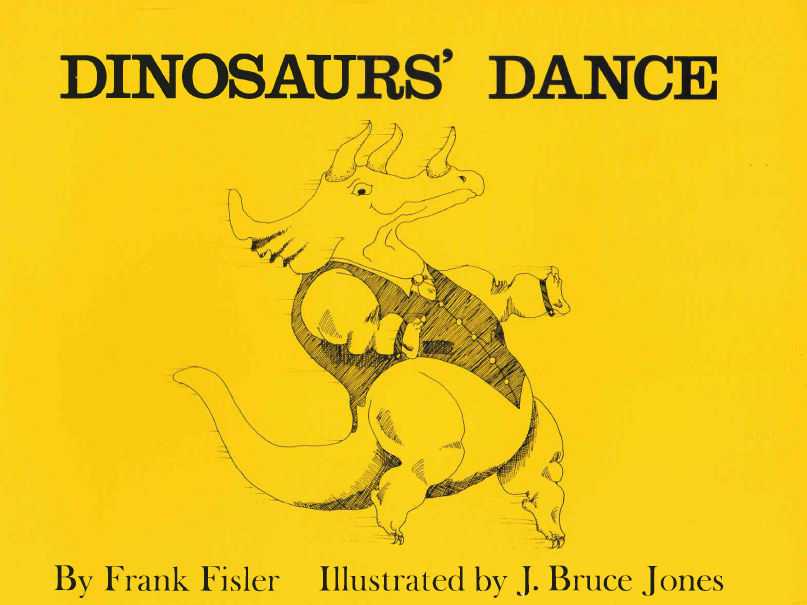The Airy Sea For Voice and Piano. Also for Voice and Chamber Ensemble: Flute, Horn, Cello and Piano.
Text by Jason Charnesky from One Life: The Rachel Carson Project. Lyrical, ethereal, shifting through keys and tonalities with the fluidity of the air itself. Inspired by the founder of the ecology movement, this is perfect for any occasion honoring the world’s environment, especially Earth Day.
Duration: 3 minutes
Download the score.
Listen to Jan Mianulli with Chamber Ensemble.

The clouds are capacious pillars of water vapor
like massy marble doors.
Open and the sun comes in.
Shut and the sky is shuttered out. . . .
. . . The ocean stream and the earth and the stars
are viewed through the glassy sea of air
where the monarch butterfly hold her courts
and the millions of birds fly free.
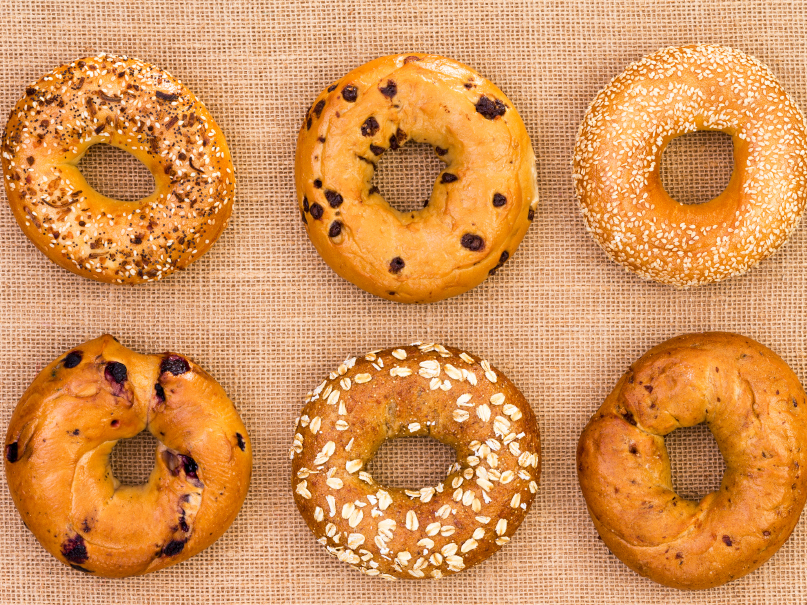
H A Bagel Is More for Bagel Lover and Piano. Lyrics by Richard Marcus from the Metropolitan Diary of The New York Times, March 21, 1991. Also available for SATB Bagel Lovers and Piano.
Read the poem and laugh. Download the score. Listen to midi.
A bagel is more than a Jewish doughnut.
More than a roll with a hole.
More than a strange English muffin.
A bagel's got bagelly soul. . . .
So the next time you feel
That your life is the pits,
And you're trapped in the grind and the crunch.
Stagger right in to the closest warm bagelry,
And take a nice bagel to lunch.
Christy’s Monologue for Tenor and Piano. From Act Two of The Playboy of the Western World by John Millington Synge (1871-1909).
Written as a companion piece to the song cycle Seven Synge Songs. Both works were inspired by DruidSynge, the Druid Theatre’s brilliant production of the complete plays of Synge, directed by Garry Hynes, at the Edinburgh International Festival in August 2005. This monologue may be performed as a concert piece or with staging.
Download the notes and score. Listen to midi.
Come, Thou Fount of Every Blessing Arranged for voice and keyboard. Words by Robert Robinson, 1758 (1 Sam. 7:23).
Music from Wyeth's Repository of Sacred Music (1813). Also available for SATB and keyboard.
Commission and Premiere: Sandra Fitzell, mezzo-soprano, St. George, Utah 2006
Download the score. Listen to midi.
H Dinosaurs’ Dance Soprano and piano with optional dancers. Text by Frank Fisler. (12 min.)
Also available for SA or SATB chorus and piano or orchestra. Contact the composer.
Based on the children’s book by Frank Fisler with line drawings by J. Bruce Jones.
Commission: Contemporary Dance Company, Patricia Heigel, choreographer. 1982
Premiere:
Suzanne Roy, soprano; John Marcinkowski, piano; Contemporary Dance Company
Duration: 11:30
Download the score. Listen to midi. Listen to Nittany Valley Children’s Choir and the Nittany Valley Symphony. View the drawings by J. Bruce Jones.
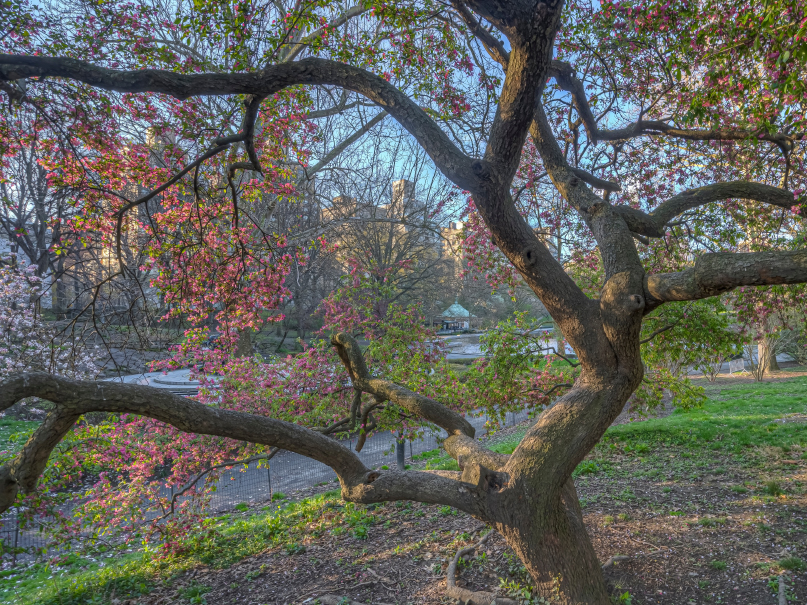
H A Gnarled Old Crab-apple Tree Answers Joyce Kilmer Humorous Encore for Voice and Piano.
Poem by Peter Viereck (1916-2006). Originally for SATB voices and piano. Adapted for solo voice and piano for Song Collaborators Consortia Art Song Festival, at West Texas A&M University in October 2013.
Download score. Listen to choral version sung by Penn State Concert Choir, Douglas Miller, conducting.
I'll bow my trunk to true simplicity
But not to folksy simperings that drool.
Poems are made by trees like me,
But only God can make a fool.
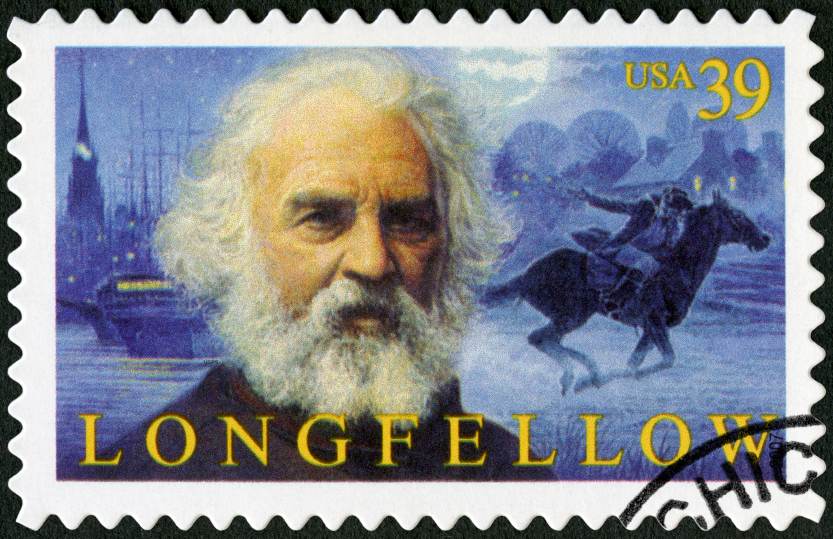
Haunted Houses For high or low voice and piano or string quartet. Contact composer for alternative versions.
Ghost song with text by Henry Wadsworth Longfellow (1807-1882).
The song setting figures prominently in the obsessive compulsions of Sarah Winchester in Trinkley and Charnesky’s monodrama The Winchester Widow. See the Opera Page for more information about the theatre piece. Perfect for Halloween programs.
Read entire poem. View score. Listen to midi.
All houses wherein men have lived and died
Are haunted houses. Through the open doors
The harmless phantoms on their errands glide,
With feet that make no sound upon the floors.
We meet them at the door-way, on the stair,
Along the passages they come and go,
Impalpable impressions on the air,
A sense of something moving to and fro. . . .

I Stop Writing the Poem For voice and piano. Poem by Tess Gallagher.
My interest in the short stories and then the poems of Raymond Carver led me to the poetry of his longtime companion Tess Gallagher. This is one of her simplest and most powerful poems about writing and loss. “I Stop Writing the Poem” is written as if Tess Gallagher were talking to herself in an attempt to console the pain she is feeling at the loss of her husband, Raymond Carver, the famed short story author. The poem is as much about their relationship as it is about Gallagher’s sense of loss. Encyclopedia.com.
Download poem and score. Listen to midi.
to fold the clothes. No matter who lives
or who dies, I'm still a woman.
I'll always have plenty to do.
I bring the arms of his shirt
together. Nothing can stop
our tenderness. I'll get back
to the poem. I'll get back to being a woman. But for now
there's a shirt, a giant shirt
in my hands, and somewhere a small girl
standing next to her mother
watching to see how it's done.

I was born at birth of blossoms For voice and piano. Poem by Rosalia de Castro (1837-1885), Galician poet and pioneer of Galician literature. Her poetry is marked by saudade, a Portuguese and Galician term referring to nostalgia and sense of loss and longing, here expressed in her poem and in the setting.
Download poem and score. Listen to midi.
I was born at birth of blossoms,
born when all the gardens grew,
on a morning April-blue.
So I'm Rosa – that's the reason –
of the lonely smile, it's true.
I'm a thorny rose for others;
never had a thorn for you. . . .
Even now, my heart I'm sending,
with the one key fits it true.
Nothing left to give you, nothing;
nothing you could ask me to.
H If Music Be the Food of Love . . . For Voice and Piano. From the walls of the Food Court in the Hetzel Union Building at Penn State University. Texts by Various British and American writers.
This one requires some explanation. The Food Court in the HUB had its walls adorned with “food related” quotes from various writers. I never knew what these apothegms were supposed to do for the student diners, but I thought they made an intriguing list of ingredients for a song – humorous, provocative and sentimental.
The only way to get rid of a temptation is to yield to it. Oscar Wilde
Too much of a good thing can be wonderful. Mae West
Sans Pain, ni vin, l'amour n'est rien.
. . . . . . . Without bread, without wine, love is nothing. French proverb
There is no love sincerer than the love of food. George Bernard Shaw
How luscious lies the pea within the pod. Emily Dickinson
Anyhow, the hole is in the doughnut is at least digestible. H. L. Mencken

In the Beginning Communion meditation for voice and organ or piano. Gospel of St. John 1.
Also version for SAB chorus and keyboard. (2 minutes)
Commission and Premiere: for the First Mass of Reverend Paul Farin. Suzanne Roy, soprano. May 29, 1988. Multiple performances by Suzanne Roy, 1988-present.
The work is dedicated to my 11th grade choral director, Alice Sturdy, at Narbonne High School in California. Her constant admonishment to her singers: “In the beginning was the Word.” I used it continually myself with the singers I worked with – soloists in stage productions and singers in choirs. It works.
Download the score. Listen to midi.
Lieder For medium or low voice and piano.
Poem by Penn State teacher, scholar and beloved poet Deborah Austin (1920-2013) from The Paradise of the World .
Her work, like her life, evinces her dedication to social justice and the power of art to reshape our human lives into the paradise of this world. The song is adapted from the setting in Mountain Laurels: A Choral Symphony for Choir and Orchestra.
Download poem and score. Listen to midi. Listen to State College Choral Society and Nittany Valley Symphony.
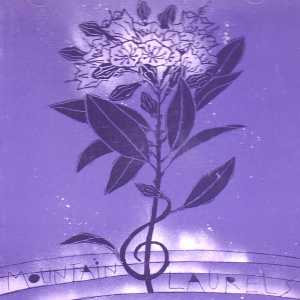
Birds sing, (but not for human hearts)
lean down the wind and so are gone.
This music wells from nearer home;
we listen and are not alone –
in places where no strangers come,
familiar strolls this least of arts
that is all art, all truth, all song;
that heals by wounding us, and by
always dividing false from true,
insists on beauty, gracefully
confirming what we really knew:
nothing not found here can last long.

Mad Girl’s Love Song Villanelle by Sylvia Plath (1932-1963) from Epilogue to The Bell Jar (1963).
Commission: Allentown Chapter of the American Association of University Women
Premiere: Lois Ann Oakes, soprano. Allentown, PA 1976.
Plath’s villanelle was my first experience with this powerful poetic form, whose obsessive repetition of lines gives meaning and dimension to the poem. Plath’s use of it perfectly captures the lingering mood that her novel leaves with the reader. This was one of my first songs - and still, I think, my most effective - with a free lyrical use of serialism to express the poem’s alternating intimacy and unbridled mania.
Download poem and score. Listen to midi.
I shut my eyes and all the world drops dead;
I lift my lids and all is born again.
(I think I made you up inside my head.)
The stars go waltzing out in blue and red,
And arbitrary blackness gallops in:
I shut my eyes and all the world drops dead.
The Singer Lyric elegy for soprano or tenor and piano. Also for TTBB voices and piano.
Poem by John Addington Symonds (1840-1893). Dedicated to the singers we have lost to COVID.
Download poem and score. Listen to midi.
He fills the world with his singing,
High notes of the heavenly morn
Forever and ever ringing
As age after age is born.
Then he is still, and we know not
Whither his thoughts have fled;
Only the clear notes flow not,
And we say, the singer is dead.
But the nightingales that he cherished,
They carol and cannot die;
Though the man whom we loved has perished,
His melody lives for aye.
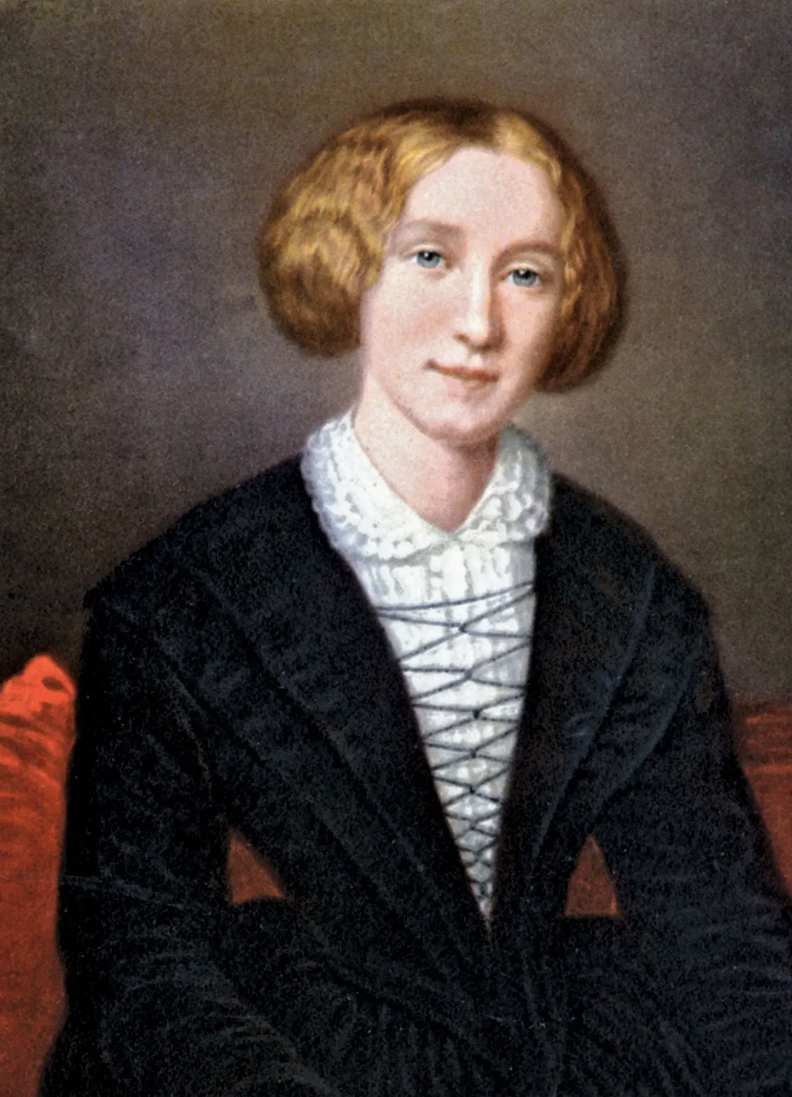
The Singer Dramatic Song for soprano or mezzo-soprano and piano.
Poem by George Eliot (1819-1880) from Armgart (1870). (2 min.)
The poem’s title character is an opera singer whose fiancee expects her to stop singing publicly after marriage.
She replies:
By the same warrant that I am a woman:
Nay, in the added rarer gift I see
Supreme vocation (Scene III).
More than a husband, but could not rejoice
That I were more than a wife.
So Many Memories Voice and piano. Lyrics by Suzanne Scurfield Hess (1929-2010) in memory of James Hess.
My dear friend Suzi wrote this after the loss of her husband, and I was pleased to set it to music at her request.
Download score. Listen to midi.
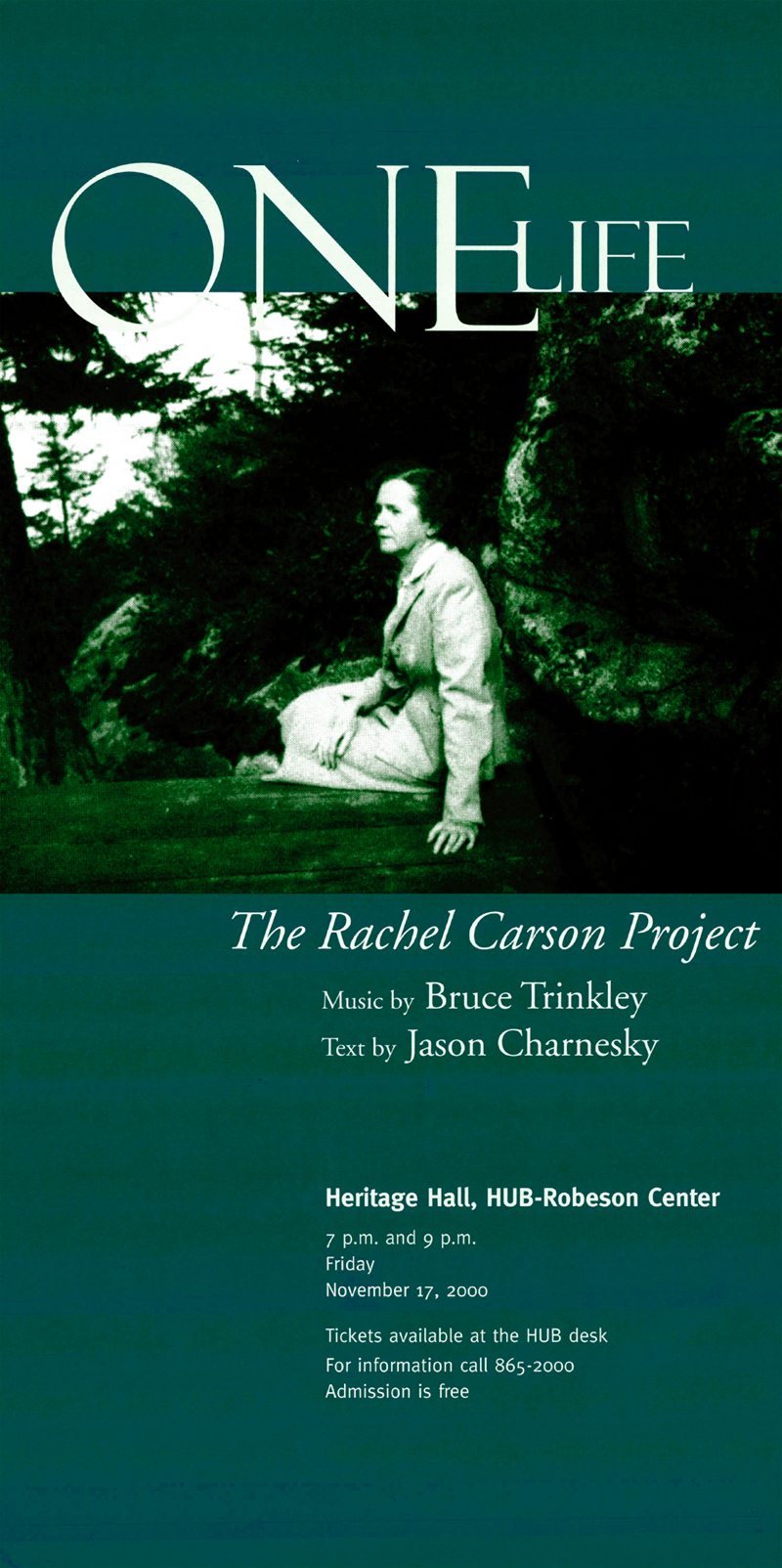
Spring Song For Voice and Piano. Also for Voice and Chamber Ensemble: Flute, Horn, Cello and Piano.
Text by Jason Charnesky from the cantata One Life: The Rachel Carson Project.
Charnesky’s lyrical paean to spring is matched by the expansive tunefulness of the setting. The lyrics are so lovely and powerful we quote the entire poem.
Download score. Listen to Oriana Singers in SSAA Version with Chamber Ensemble.
More permanent than the stars
the earth turns again to spring
as migrant geese streak the sky
catching the air
poised between
so fiery an April sun
and the lush green earth.
The woods themselves are melting
giving way to silt and sprout.
The permanent earth is ground
from another ancient age’s
permanent rock, and slips
towards some other thing
permanently.
More permanent than this
our hope,
our only place
this earthly garden
and the ever returning spring of life.

H True Love at Last Satirical Song for Medium Low or High Voice and Piano. Poem by
D. H. Lawrence (1885-1930)
Lawrence is best-known for his serious novels of love and sex. But he could also take a humorous stance on human relationships, as the excerpt from this poem demonstrates.
Download poem and score. Listen to midi.
The handsome and self-absorbed young man
looked at the lovely and self-absorbed girl
and thrilled. . . .
So they simply adored one another
and in the endthey were both nervous wrecks, because
in self-absorption and self-interest they were equally matched.

Courtesy Yale Collection of American Literature / Beinecke Rare Book and Manuscript Library
Two Elizabeth Bishop Songs Poems by Elizabeth Bishop (1911-1979)
Sonnet
Premiere:
Susan Boardman, soprano, Society of Composers, Penn State, October 1, 1993. Multiple performances on Australian Concert Tour: Sydney, Melbourne, Perth. July, August 1994.
Download poem and score to One Art. Listen to midi.
Download poem and score to Sonnet. Listen to midi.
The art of losing isn't hard to master;
so many things seem filled with the intent
to be lost that their loss is no disaster. . . .
– Even losing you (the joking voice, a gesture
I love) I shan't have lied. It's evident
the art of losing's not too hard to master
though it may look like (Write it!) like disaster.
Excerpt from Sonnet
I am in need of music that would flow
Over my fretful feeling fingertips,
Over my bitter-tainted, trembling lips,
With melody, deep, clear, and liquid-slow. . . .

Two Invocations: Kyrie and Agnus Dei for voice and piano or organ.
Dedicated to the brave and talented vocal and instrumental musicians in Lviv, Ukraine.
Two Invocations is based on themes from Santa Rosalia, Cantata for Vocal Quartet, Woodwind Quintet and Harpsichord, inspired by the painting by Fernando Botero in the Palmer Museum of Art at Penn State. The version for choir and string orchestra was premiered by members of the Galician Chamber Choir and the Lemberg Sinfonietta at the Jesuit Church of Saints Peter and Paul in Lviv, Ukraine.
Download the solo voice score. Listen to the midi of Kyrie.
Listen to midi of Agnus Dei.
Listen and watch the live performance in Lviv.
I dedicate the video to the people of Ukraine. May this wonderful country and its beautiful and talented musicians continue as independent and free.
Two Spirituals Arranged for voice and piano. (5 min.)
Commission and Premiere: David Hudson, tenor; Anthony Leach, piano
Lyric intensity contrasts with jubilation to make a great recital pairing, which is how David and Tony would program the pieces.

(1907-1964)
A Walk in the Woods Sylvan Meditation for Voice and Piano.
Text by Rachel Carson (1907-1964).
Also for Voice and Chamber Ensemble: Flute, Horn, Cello and Piano.
Carson wrote the text to A Walk in the Woods when she was 14 years old. The short piece was published in the young adult magazine St. Nicholas in 1922. Programming this song with a text by America’s premiere environmentalist is the perfect celebration of Earth Day, and to commemorate Carson herself.
Download the score. Listen to Elisa Matthews, soprano, with Chamber Ensemble.
The call of the trail on that dewy May morning
was too strong to withstand.
The sun was barely an hour high
and Pal and I
set off for a day of our favorite sport
following the beauty of the spring. . . .
The day is full of beauty.
The earth is full of life.
And we turned slowly homeward
gloriously tired,
gloriously happy.
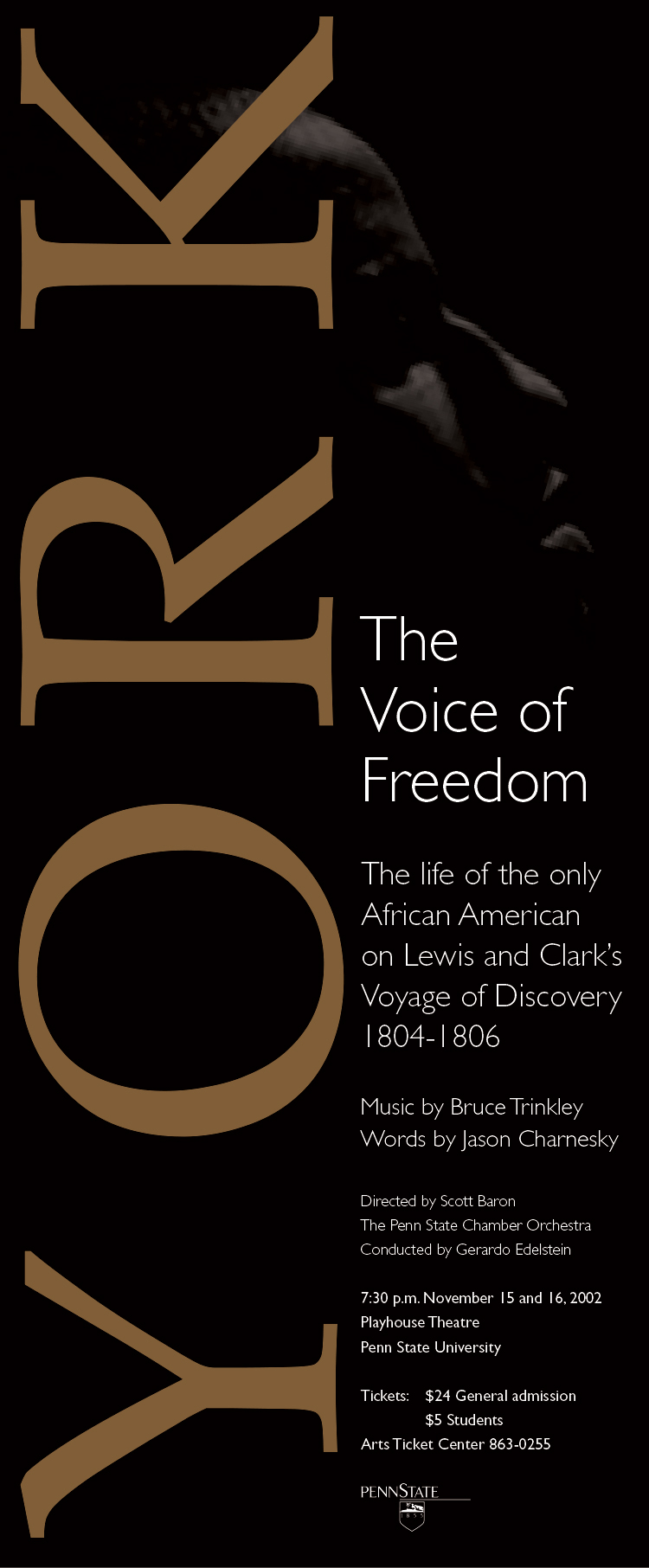
Selections from YORK: The Voice of Freedom Two Act Music Drama
York, the slave of William Clark, was the only African American member of the Lewis and Cark Expedition. The opera chronicles York’s twenty year struggle for freedom as he strives to join the woman he loves in a land where both may be free. YORK has a cast that includes 5 principals, 12 smaller roles; men’s chorus, SATB chorus; African-American chorus with Chamber Orchestra.
The two act opera lasts 2 hours 15 minutes. It was premiered by the Penn State Opera Theatre in November 2002 and filmed by WPSX for broadcast on PBS.
It may be viewed at: https://www.youtube.com/watch?v=8QQ6002caDk
Mary’s Ballad from YORK Act One. Scene Two. For soprano and piano.
Mary is introduced with this lovely song about the joys of summer, and we can easily understand why York is enamored of her.
View score. Listen to Tamara Haskin.
Love Duet for Mary and York from YORK Act One. Scene Two. For soprano, baritone and piano.
Mary doesn't give a hoot about this historical expedition all the white folk are so excited about, except that William Clark is taking with him the one person Mary loves most in the world, York, the slave of William Clark. But Clark treats her like a child and warns her not to be singing York's ear off with all her womanly chatter. Alone now, waiting for York, Mary lets us know exactly what she thinks of William Clark
View score. Listen to Tamara Haskin and Leonard Rowe.
I Want To Walk Tonight (York's Dream) from YORK Act One. Scene Ten. For baritone and piano.
York reaches the shore of the Pacific Ocean
and stands where no black man had ever been,
where few white men ever dared to go.
On the edge of the continent
York stands on land that has never known slaves
And there York dreams of his future,
of a life of his own choosing,
where he can walk in freedom.
View score. Listen to Leonard Rowe.
Mary’s Aria from YORK Act Two. Scene Two. For soprano and piano.
Through all the years of the expedition York and Mary both lived for the day when they would be free together. In this aria, Mary realizes she is not to receive what justice should have given.
View score. Listen to Tamara Haskin.
Sacajawea's Lullaby from YORK Act One. Scene Nine. For soprano and piano.
Sacajawea sings a lullaby to her newborn infant, telling of her dreams for him after the expedition.
View score. Listen to Jennifer Wood.
Vocal Chamber Music
A(nother) Fable for Critics Duet for soprano, baritone, and piano. Text by Jason Charnesky.
Commissioned for the 30th Anniversary of the Institute for the Arts and Humanistic Studies.
Premiere by Suzanne Roy, soprano; Robert Trehy (1921-2009), baritone, and Carl Blake, piano. Penn State Scanticon September 30, 1996. Charnesky’s witty (and shorter) rewrite of James Russell Lowell’s book-length satire about the arts. A myth for our times.
View lyrics and score. Listen to midi.
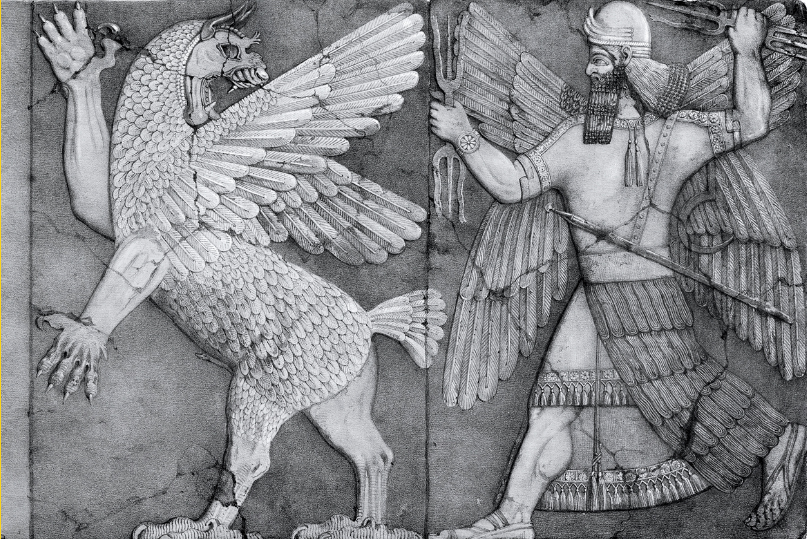
Duet: Gilgamesh and Enkidu Duet for tenor and baritone or bass. Lyrics by Jason Charnesky based on the ancient Mesopotamian epic: Gilgamesh. The king, Gilgamesh, expresses his devotion to his best friend Enkidu, who reciprocates, the two joining is a short final duet.
View score. Listen to midi.
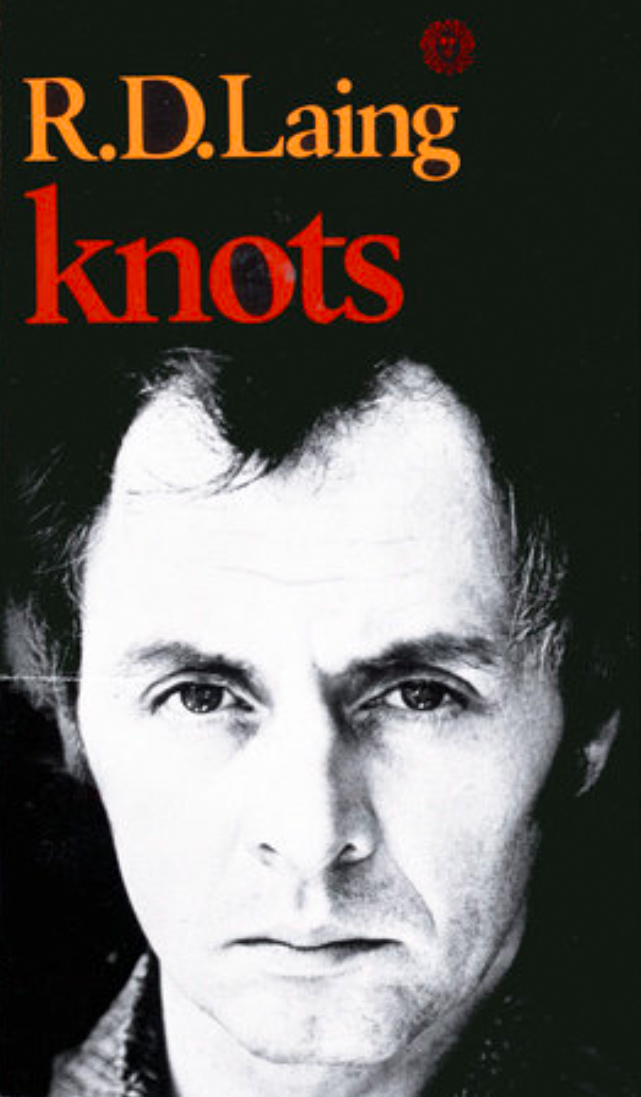
knots: a 20th Century MADRIGAL PSYCLE Poems from knots by r.d. laing.
For three solo voices unaccompanied (with an alternate version for brass trio and reader).
The publisher tells us this about the book: “A series of dialogue-scenarios, which can be read as poems or plays, describing the “knots” and impasses in various kinds of human relationships.” The music employs a number of canonic and mimetic procedures, often verging on serial progressions.
Commission and Premiere: The Contemporary Dance Company, Patricia Heigel, Director.
With Shirley Donovan, soprano; Catherine Ufema, mezzo-soprano; Douglas Smith, baritone.
Download score. Click on titles to listen to midi.
Santa Rosalia: Cantata for Vocal Quartet, Woodwind Quintet and Harpsichord based on the painting by Fernando Botero.
Visit the cantatas page under the Theatre Music page for information, score and link to Youtube video.
